What is Angelica Herb & Its interesting History
Angelica is not one plant, but many. There are over 60 unique species of biannual, perennial herbs in the Apiaceae family called Angelica. The plant is related to fennel, parsley, parsnips, chervil, caraway, carrots, and asafoetida.
Angelica plants thrive in the Northern Hemisphere all the way up to Iceland, but some varieties are particularly important in China for their health benefits.
Angelica Sinensis, also known as dong quai, is the better-known Angelica variety in China; it’s even known as the female ginseng. This variety is particular to China, Japan, and Korea and is not to be confused with European and American Angelica varieties.
There are also several European Angelica varieties as well; the Angelica Archangelica, also known as wild celery, is the most widely available and also has medicinal uses.
Western Angelica, often confused with the ones above, has poisonous roots but it’s only found in the US — this is the Angelica Lineariloba.
If you’re unsure what type of Angelica you’re dealing with, stay clear of it. Other than that, a respected spice dealer can provide you with healthy dong quai or European varieties suitable for cooking or as medicinal herbs.
The History of Angelica

Angelica has an impressive past; people in Middle Age Europe thought it had something to do with Michael, the Archangel, because the plant blooms in May, close to the biblical character’s festivity. The medicinal plant was used in the middle ages to repel witches, spirits, and even diseases like the plague.
Angelica was recorded in early medical books as early as the late 1500s in Europe, and it found its way into the kitchen not much later, as the Danes began cultivating it and sweetening it as a treat. Candied Angelica is quite a famous ingredient.
Angelica’s use in bread goes back for centuries in Scandinavian countries, while the French added it to their liqueurs and, to some extent, their famous perfumes.
Five hundred years of history in Europe are impressive, but Angelica was known 4,000 years ago in China. Of course, Europeans used Angelica Archangelica, and the Chinese used Angelica Sinensis.
These two main Angelica varieties shaped the world as we know it in many ways, making this plant one of the most influential in ancient and modern cooking and medicine. Considering there are dozens of other Angelica varieties cultivated and used for various purposes, makes the plant family even more interesting.
Angelica Health Benefits

Just to be clear, the Angelica you’re looking for is Angelica Sinensis, the herb that’s been part of Chinese medicine for 2,000 years. It’s also called Radix Angelica Sinensis, tang-kui, dang gui, and Chinese angelica root. In fact, the root, seed, fruit, and leaves are used for medicinal purposes.
It’s also worth pointing out there is some scientific evidence backing the following health claims, but science is catching up to the millennial herbal knowledge.
- Angelica can promote wellness, improving blood circulation, decreasing artery fat accumulation, and blood pressure.
- Angelica could be part of effective cancer treatments. Studies suggest the root can stop the cancer cell’s cycle, even with the possibility of killing certain cancer cells in vitro trials.
- Angelica could also reduce anemia, which is a diminished number of red blood cells in your bloodstream. Red blood cells carry oxygen from your lungs to the rest of your body.
- Angelica is often recommended for women to reduce menopause symptoms, improve dried skin, alleviate menstrual spasms, and treat sleep disorders.
- Some people might have adverse reactions to Angelica, including drowsiness, headaches, and an upset stomach.
- According to Ayurvedic and Chinese medicine, there’s almost no malady or ailment that Angelica can’t treat, from sore throats to cancer.
Cooking With Angelica
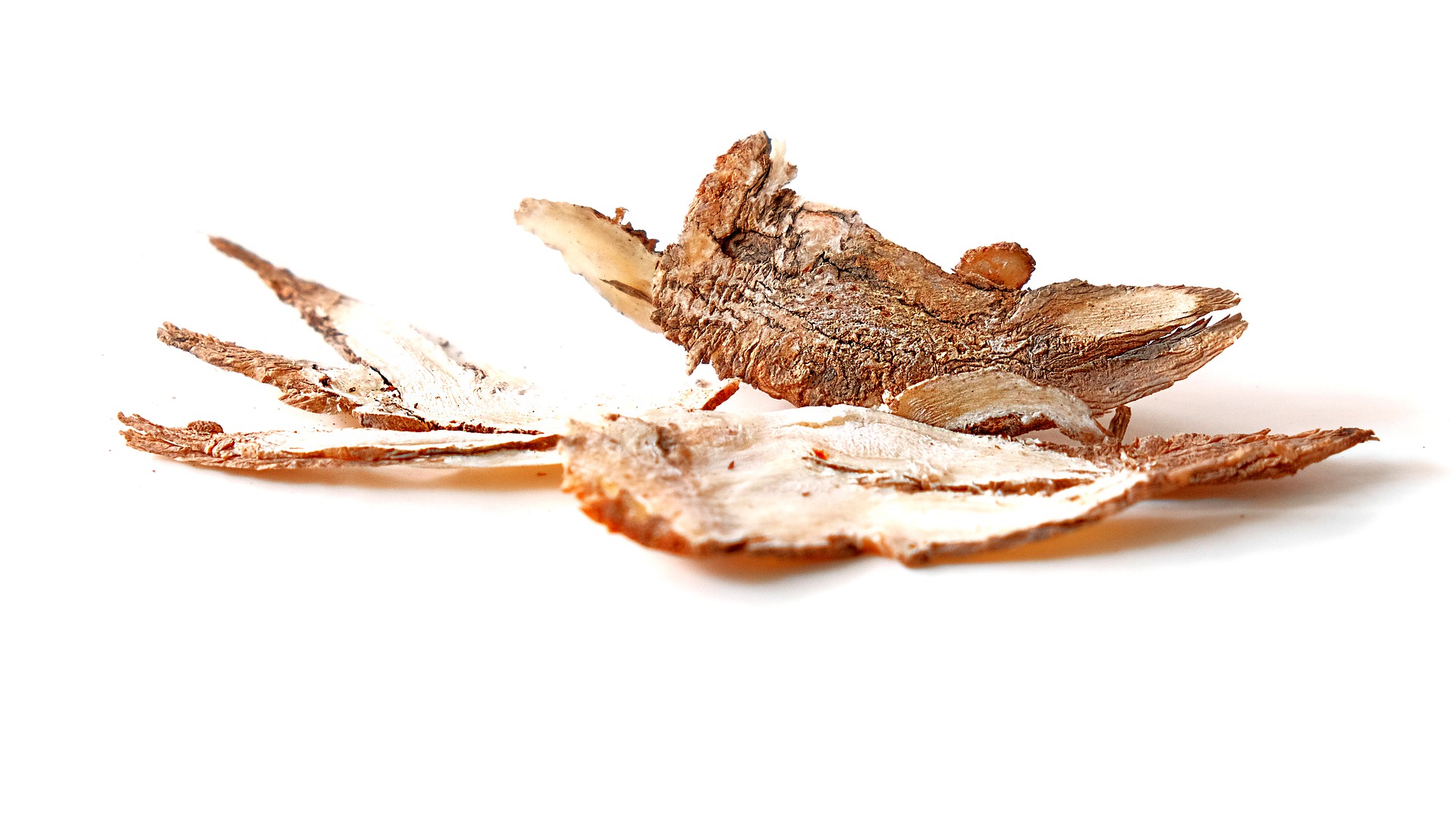
The most common way of consuming Angelica is in tea, but it’s more versatile than you might think; it’s used to flavor ice cream, used candied as a cake topping decoration, and even added to salads.
Angelica Archangelica, the European variety, can flavor jams and preserves, and is widely used in bakery. Here’s a secret: Famous herbal liqueurs, including Benedictine, Chartreuse, and some Vermouth, are flavored with Angelica amongst other herbs and spices, and the plant is one of the most important flavorings in gin.
Get yourself a jar of angelica jam with rhubarb and apples to discover the fantastic flavors behind this amazing plant. You won’t regret it for a second.
You can checkout our reccomendation of good quality Angelica herb at Curated Shop. We handpicked these for its quality and purety.
Highly Rated – Social Media Chatter on Angelica
We have had excellent weather but so so dry now. Here I am posing amongst Angelica. It really has been a joy to see these plants mature into what are by my reckoning giants. The bees are going crazy. They attract a kind of black bee (I know nothing about the various kinds). I've been harvesting the leaves, stalks. They like a most soil so I'm mulching heavily. There's so much labour in gardening but the mental element is good too. Working out the growing conditions, adjusting, spotting problems. I had to dick initially to remove all the bind weed and others but now it's no dig beds.
#nodigorchard #birminghamherbs #orchardprojects #bearwoodgardens #nodigherbs #medicinalherbs #herbalgarden #angelicaherb #physicgarden #birminghamorchard
New Arrivals...My Favorite Candles from Kalaystyle’s Icelandic Collection kalastylesoap ...20-hour burn time votives #moss #kelp #angelicaherb #votivecandles #candles
COMME DES GARCONS PARFUMS presents the LUXE CHAMPACA in a brand new package. The perfume brings you an aromatic scent through the combination of iris, cardamom, champaca, white musk and fresh white pepper. It’s now available at COMME DES GARCONS Ice House Street Store. #ithk #commedesgarcons #cdg #parfums #luxe #champaca #perfume #iris #magnoliapetals #angelicaherb #whitepepper #central #icehousestreet commedesgarcons_ithk
Sources:
- https://www.sciencedirect.com/topics/medicine-and-dentistry/angelica
- https://en.wikipedia.org/wiki/Angelica
- https://www.healthline.com/health/dong-quai-ancient-mystery
- https://www.rxlist.com/angelica/supplements.htm
- https://www.webmd.com/vitamins/ai/ingredientmono-281/angelica
- https://www.betternutrition.com/supplements/uses-for-angelica
- https://www.encyclopedia.com/plants-and-animals/plants/plants/angelica
- https://calscape.org/Angelica-lineariloba-(Poison-Angelica)?srchcr=sc571de46547de4
- https://www.bbcgoodfood.com/glossary/angelica-glossary
- http://theepicentre.com/spice/angelica/

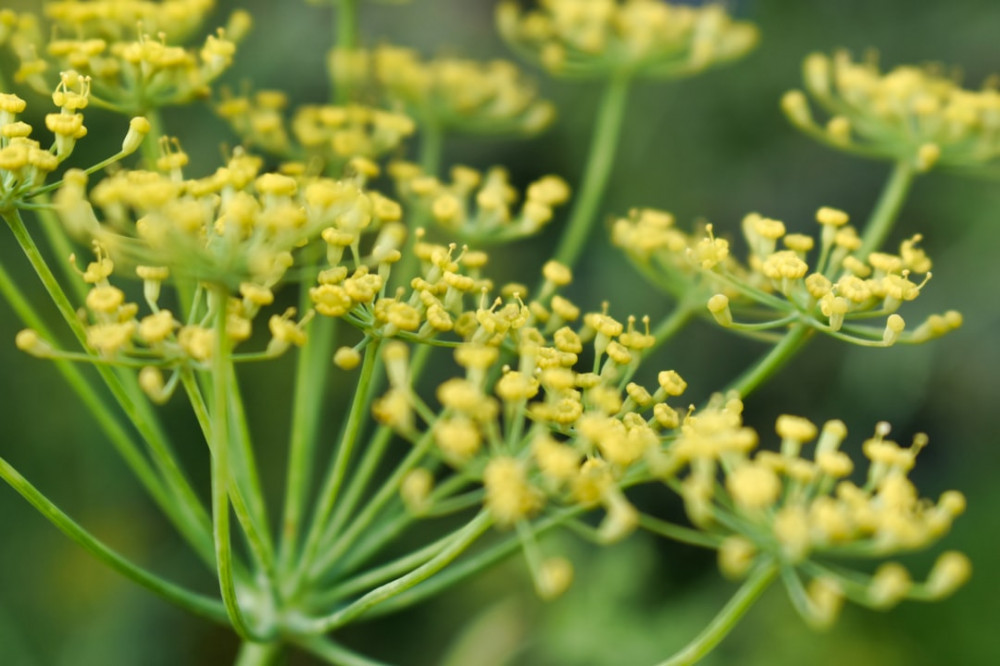

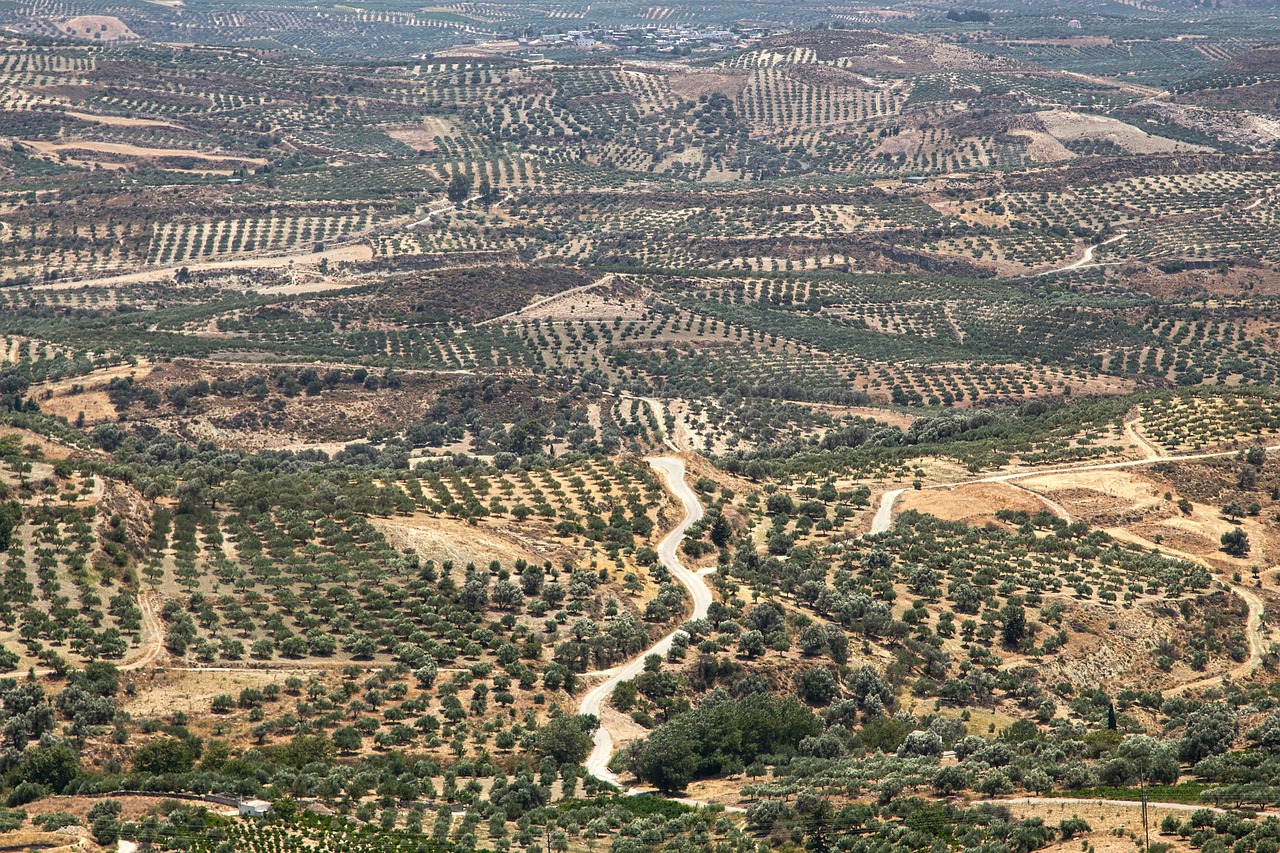
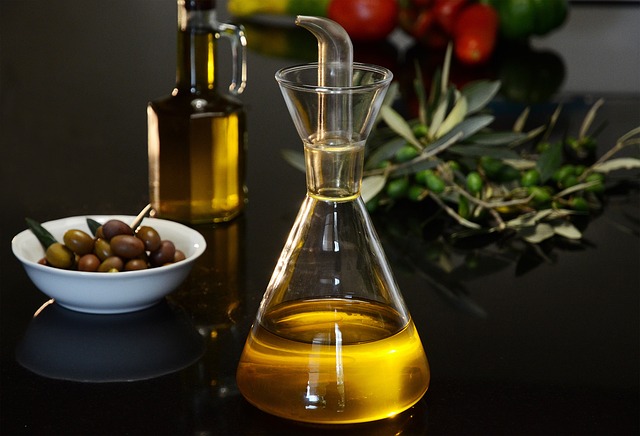
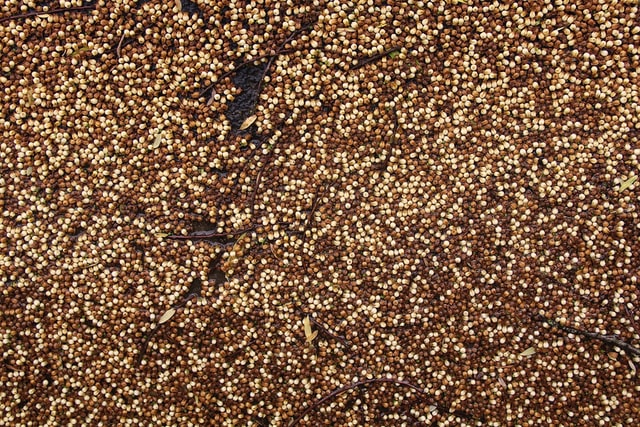
I have been exploring my cooking with herbs lately ever since we are all hit by the covid-19. I have no idea that Angelica Herb is Dong quai, I am currently taking this herb already for my women’s health in a capsule. It is nice to see thepictureof the real herbs. Thanks for the brief history lesson about Angelica herb, I had no idea that it used in cooking. In Asia, it is all about using it as a medicine and never cook with it.
Never thought of using it to flavor ice cream or candy lol It is such an acquired taste but I have to try it. I will have to check out the European verso of Angelica as well.
Are you taking Angelica as well? Where do you get it? I am getting it from Amazon and Swason health but I wonder if there is a better brand that you can recommend.
Thanks for your feedback. Take a look at curated shop for our pick for this herb. One of my colleague takes it regularly. We will also search an alternative and let you know if I find something
This is my first time hearing of angelica herb but I feel like I have known about it since forever from reading your article. I really enjoyed reading this and learnt more than enough from it. Reading about the several health benefits and uses of the angelica herb really got me hooked and I really appreciate you sharing the link at the end for purchasing it.
Thank you much Beesean
Hi,
Very interesting spice the Angelica Herb. I could use a little boost in the blood pressure category. I may have to look in to getting some for tea. I think I will purchase it though. Don’t want to get the wrong plant!
I have done a lot of research on different mushrooms too. It is amazing what people don’t know about what is good and bad for you for what ever reason and it is all around you. You have filled me in on another spice that I would probably never cam across with out this site.
So, thank you for the information, I will be looking in t o the Curated Shop.
Thank you Groomy.